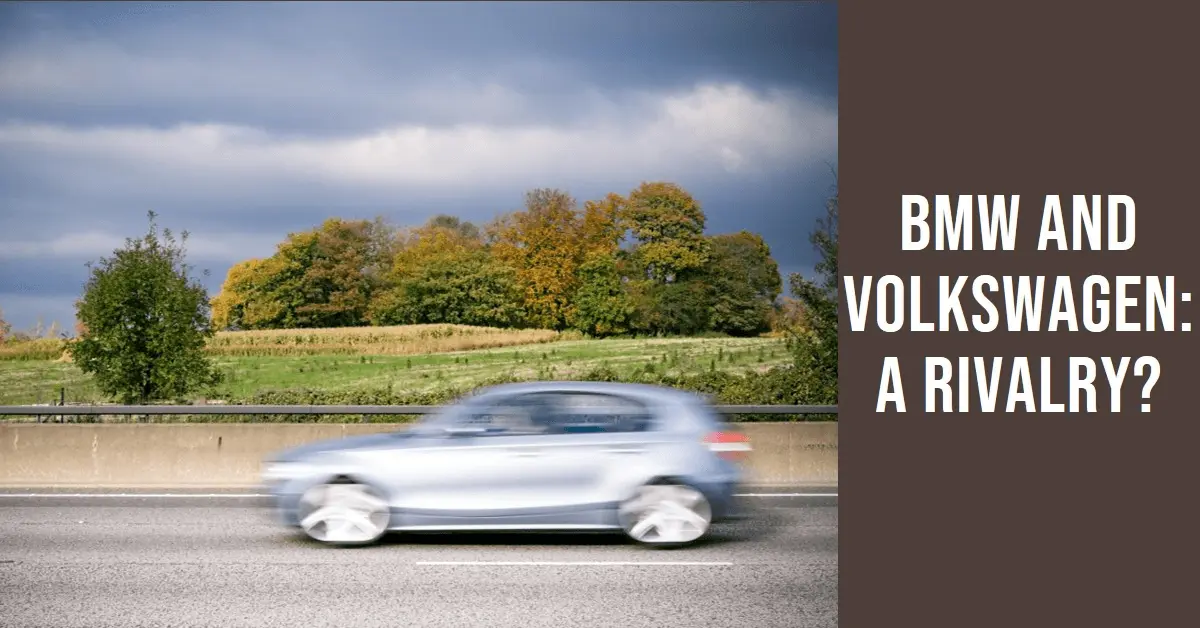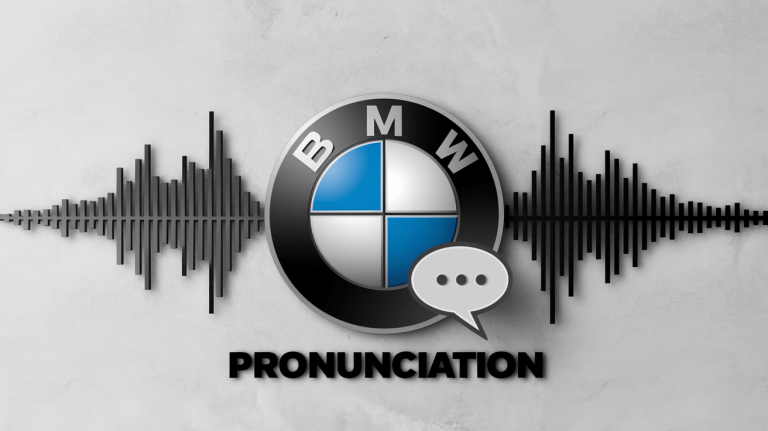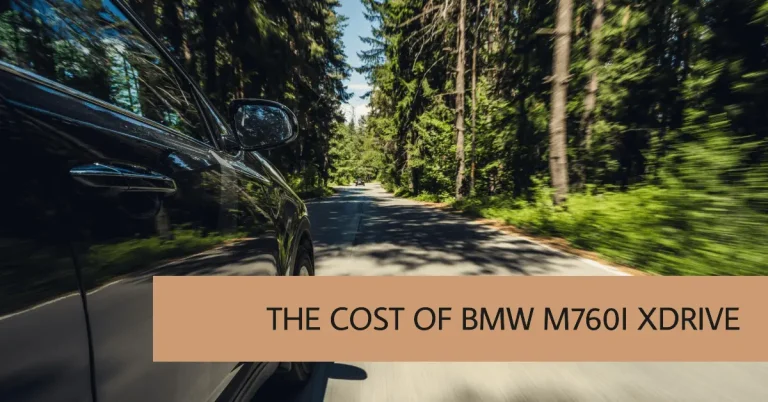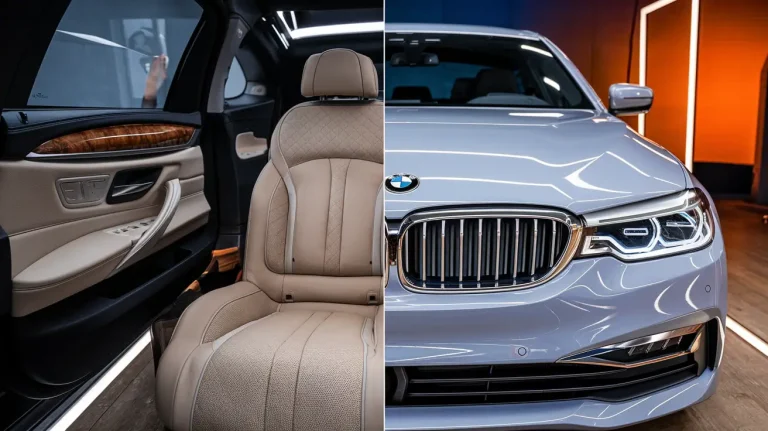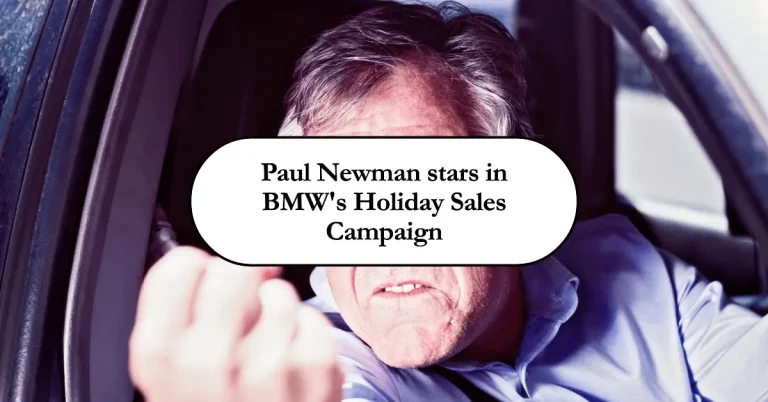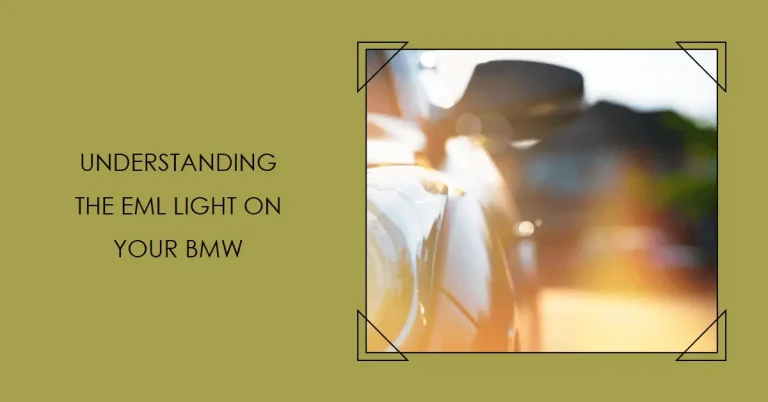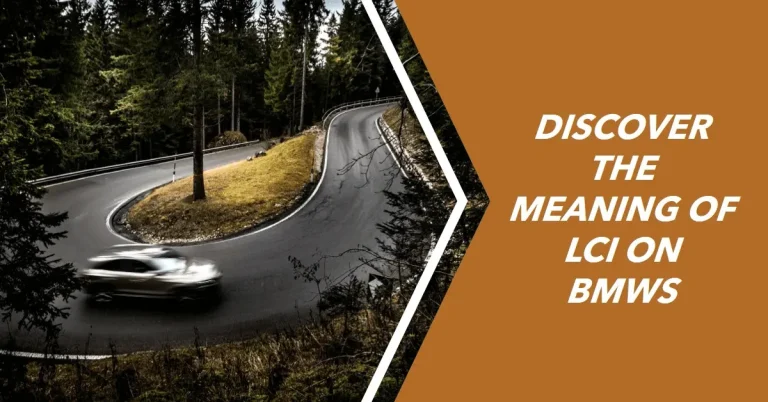Is BMW Owned by Rival Volkswagen? An In-Depth Analysis
Germany is renowned for its automotive innovation and engineering excellence. Two of the most prestigious German automakers are BMW and Volkswagen. But does one brand own the other? With Volkswagen owning numerous luxury subsidiaries including Audi, Lamborghini and Bentley, some may wonder if BMW also falls under their corporate umbrella.
In this comprehensive guide, we’ll analyze the ownership, history, and connections between BMW and Volkswagen Group to answer the question once and for all: is BMW owned by Volkswagen?
A Short History of BMW and Volkswagen
To understand if there is any relationship between BMW and Volkswagen, we must first cover some background on each company.
The Rise of BMW
BMW (Bayerische Motoren Werke) traces its roots back to 1916 as an aircraft engine manufacturer. After World War I, BMW transitioned into building motorcycles and then automobiles. Throughout WWII, aircraft engines remained the company’s focus. By the 1950s, BMW concentrated on luxury vehicles and the brand became known for performance sedans and sports cars.
Today, the BMW Group encompasses BMW, Mini Cooper, and Rolls-Royce Motor Cars. BMW owns and produces all three luxury vehicle marques.
Volkswagen’s Origin Story
In 1937, Ferdinand Porsche founded Volkswagenwerk GmbH at the direction of German dictator Adolf Hitler. The state-sponsored project aimed to design an affordable “people’s car.” The rear-engined, air-cooled Volkswagen Beetle prototype followed Hitler’s specifications.
Although Volkswagen manufactured a small batch of Beetles before WWII, full-scale production didn’t begin until 1945 under the management of British Army Major Ivan Hirst. Over the next decades, the iconic Beetle became an international sensation.
Presently, Volkswagen AG presides over twelve automotive brands:
- Volkswagen
- SEAT
- Skoda
- Audi
- Lamborghini
- Bentley
- Bugatti
- Porsche
- Ducati
- Scania
- MAN
- Volkswagen Commercial Vehicles
Now that we’ve traced the origins of both companies, we’ll analyze if their stories intersect regarding ownership.
Does Volkswagen Own BMW?
Given Volkswagen’s steady acquisition of luxury brands over recent decades, it’s reasonable to ask: is BMW owned by Volkswagen?
The straightforward answer is no, the Volkswagen Group does not own BMW.
BMW AG and Volkswagen AG remain completely independent of each other in terms of ownership stakes and controlling interests. BMW owns and produces BMW, Mini Cooper, and Rolls-Royce vehicles without any involvement from Volkswagen.
Furthermore, BMW actually competed directly with Volkswagen in 1998 over ownership of Rolls-Royce Motor Cars. Volkswagen’s £430 million offer topped BMW’s initial bid. However, the sale allowed BMW to negotiate a favorable engine supply contract and license the Rolls-Royce name and logo for their vehicles.
So while both brands have an intertwined history, BMW has never fallen under Volkswagen’s ownership umbrella. The BMW Group retains complete control over its luxury vehicle subsidiaries.
Why Volkswagen Owns So Many Subsidiaries?
Volkswagen’s sprawling corporate structure naturally raises questions about its relationship with BMW. Why does Volkswagen own so many other automotive brands?
Their aggressive acquisition strategy took shape under the leadership of Ferdinand Piëch. The grandson of Ferdinand Porsche, Piëch became CEO of Volkswagen Group in 1993. He pioneered the company’s shift towards purchasing established luxury brands to expand market share globally.
Piëch played an instrumental role in acquiring Bentley, Lamborghini, and Bugatti in 1998. Later additions included Ducati motorcycles in 2012 along with MAN and Scania heavy trucks.
Owning prestige marques allows Volkswagen Group to cover various segments while sharing technology, supply chains, manufacturing capacity, and other key resources. The multi-brand strategy also provides massive economies of scale.
However, BMW doesn’t fit Volkswagen’s traditional acquisition profile. BMW remains family-owned and repeatedly resisted assimilation into larger corporate entities. Buying BMW would involve incredible complexity and astronomical purchase costs. Volkswagen Group likely determined the risks outweighed any potential reward.
So while Volkswagen owns Porsche along with other high-end brands, BMW avoids inclusion in their growing empire.
Other Connections Between BMW and Volkswagen
Although BMW avoids Volkswagen takeover bids, that doesn’t mean the brands operate fully independently. As leading German automakers relying on domestic manufacturing, their paths intertwine in numerous ways.
Corporate Espionage Scandals
Allegations of corporate espionage have simmered between BMW and Volkswagen for decades. In 1993, Volkswagen paid nearly $100 million in fines related to charges they illegally obtained confidential information from BMW. However, BMW later sued Volkswagen again in 2019 over claims they attempted to recruit BMW suppliers to gain intellectual property.
The ongoing legal drama reveals the fierce competition between these rival German automakers. Industrial spying underline’s Volkswagen’s desire to mimic BMW’s success in high-performance and luxury vehicles.
Partnerships and Joint Ventures
Despite episodic tensions, BMW and Volkswagen collaborate extensively on key technologies. They co-own assets and participate in various partnerships and joint ventures together:
- ChargeNow Network: Volkswagen and BMW jointly created the infrastructure provider and operator of electric vehicle charging stations across Europe.
- IONITY Network: Along with Mercedes, Ford, and Hyundai, BMW and Volkswagen co-founded a network to rapidly build EV charging stations across Europe.
- HERE Mapping Service: Volkswagen, BMW, and Mercedes share equal ownership stakes in the HERE navigation and location data services.
- Autonomous Driving: BMW and Volkswagen both invested in Argo AI, the Pittsburgh-based self-driving startup. The $7 billion backing suggests autonomous vehicle development may increasingly involve strategic alignments between automakers.
These synergistic ventures allow for resource pooling as BMW and Volkswagen respond to electric, connected and autonomous driving revolutions. While extremes of war and peace characterize their past encounters, increased cooperation seems essential moving forward.
What Does the Future Hold for BMW and Volkswagen?
As leading German manufacturers, the fortunes of BMW and Volkswagen seem tethered together in facing coming challenges:
- Electric Transition: Both brands face pressure to rapidly scale EV production and sales. Volkswagen intends to overtake Tesla as the global leader in e-mobility by 2025. Meanwhile, BMW pledges 25 electrified models by 2023. Their ambitious targets require massive investments and crucial economies of scale.
- Chinese Market: China represents the largest car market globally but increasing local competition presents obstacles for German automakers. Volkswagen earns almost half its income from China while BMW sells approximately a third of its cars to Chinese consumers. Their strategies must adapt deftly to prosper in this critical growth market.
- Climate Change: Rising carbon taxes and emissions caps in Europe will test German automotive dominance. BMW and Volkswagen must balance their high-performance pedigree with climate impact. Their future competitiveness hinges on bold sustainability commitments.
The exigencies of technological disruption and climate change hesitation will likely overwhelm the temptation towards continued rivalry. As BMW and Volkswagen managers confront existential pressures in the 2020s, collaboration may slowly give way towards consolidation.
While BMW rejects buyout bids presently, increasing financial and competitive pressures could overhaul that stubborn independence within the next decade. As darlings of the German auto industry, their fortunes seem fused as pivotal actors in mobility’s unfolding revolution. Partnership symbolizes the path forward.
So in answer to “is BMW owned by Volkswagen” – the answer given years of verified independence remains firmly negative. However, as seismic shifts rattle the global auto sector, these German giants will likely forge bonds far beyond past flirtations. The prospect of a combined corporate entity clearly lingers on the hazy horizon.

